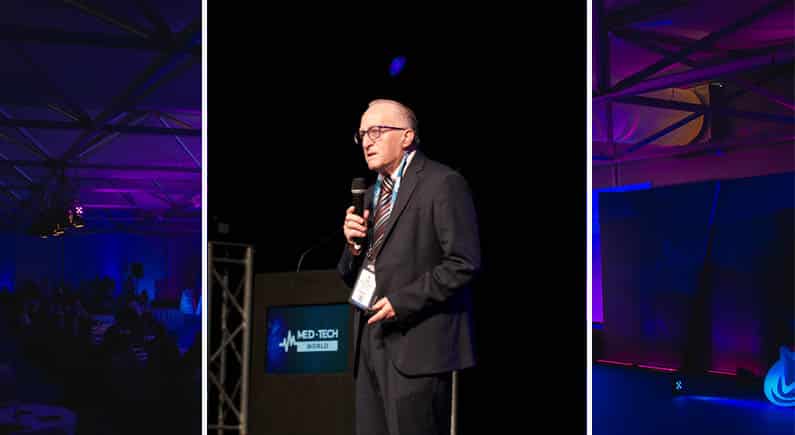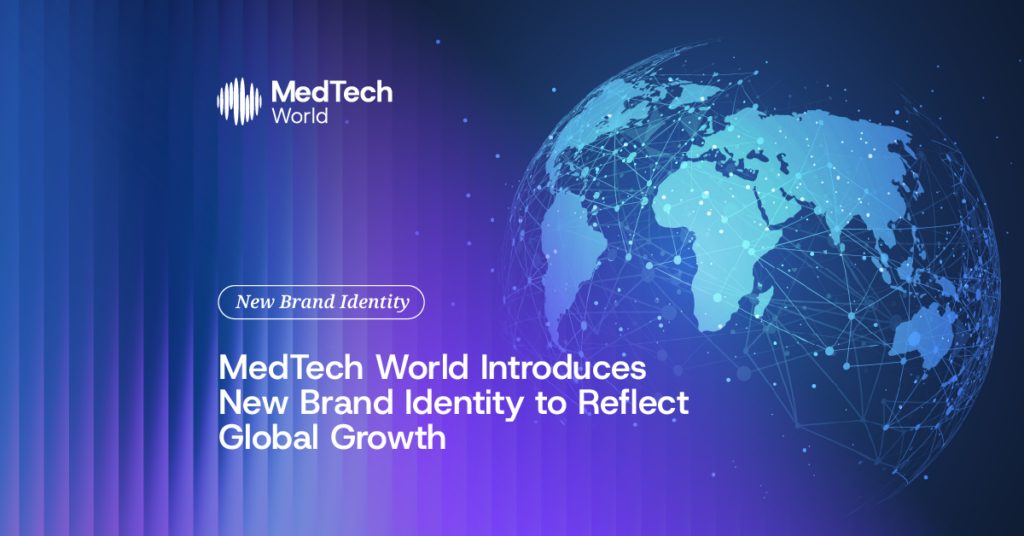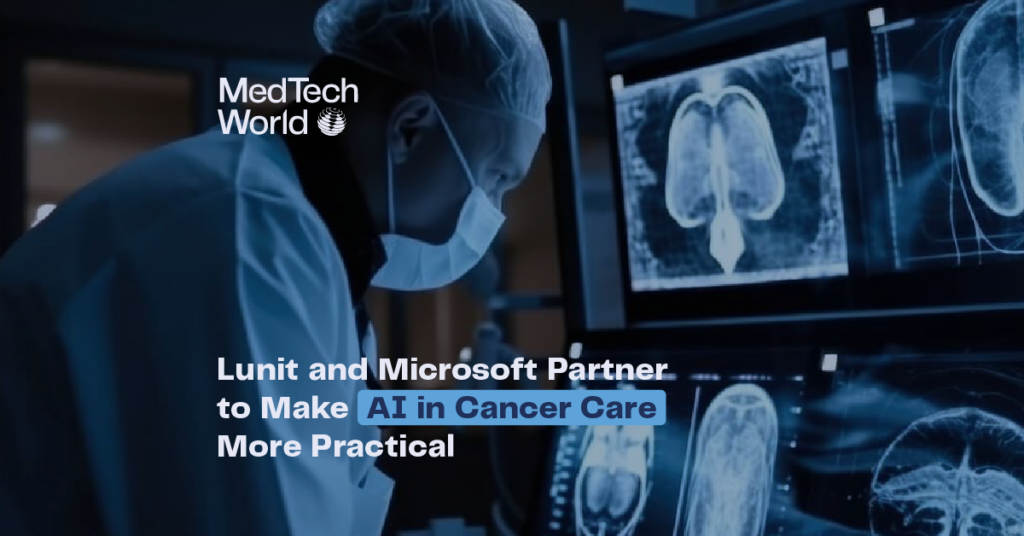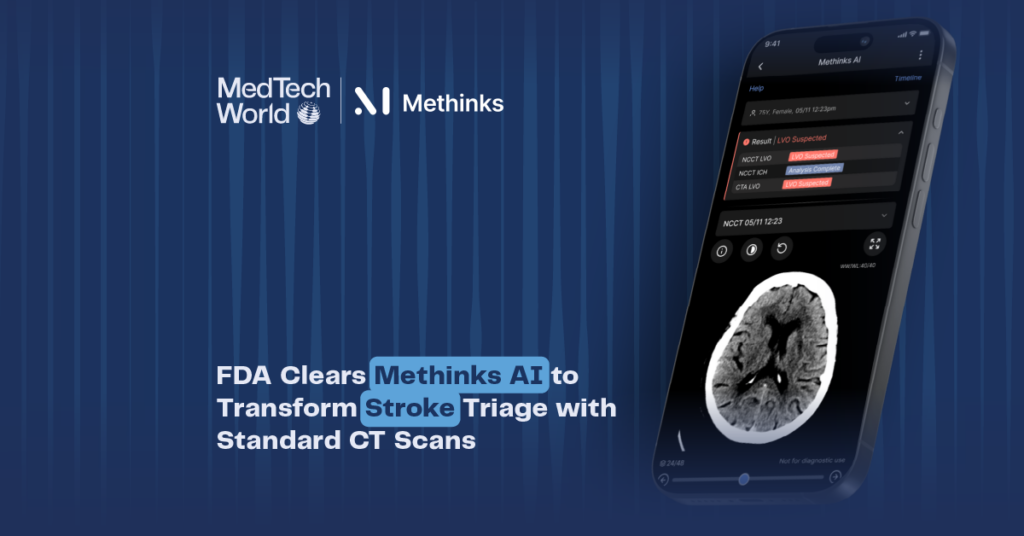
Michael Joe Cini
19th November 2021
The Future of Digital Pharmaceutical Regulation with Professor Anthony Serracino Inglott
Leveraging his deep well of experience as a Professor of Pharmacy, Professor Inglott illuminates how medical technology itself is being transformed by the Fourth Industrial Revolution
Professor Inglott was speaking at the Med-Tech World Symposium being held at the Hilton Malta from the 18th to 19th of November, as part of Malta Week.
Many of the emerging areas in modern technology, such as the burgeoning Internet of Things (IoT), are enhancing the digital aspect of even the pharmaceutical sector. During his panel he elaborated how, drawing lessons from the upheavals of past Industrial Revolutions, this modern phase should progress in a way that benefits the commonwealth of mankind rather than its novel infrastructure becoming an end in of itself.
In terms of regulation, the Professor illustrated that the digital transformation must comply with the needs of the many priorities of the medical discipline. These include patient care, rigorous clinical trials, value creation networks that are updated in real time and enhanced production. He advises that we should use this transformation to its fullest potential as “we’ll be seeing, that through regulation, we will be bridging the gap between the digital and the physical world.”
On automation, he expands that the development of big data and AI could be a massive boon for the pharmaceutical industry, but the data gathered must be actionable date that allows feasible calls to action. In terms of market mechanics, digitalization empower both suppliers and customers towards a more transparent, efficient and productive mode of work as “we will be experiencing a paradigm shift in the pharmaceutical world” that completely overhauls the way the industry as a whole operates.
Inglott continues by elaborating on how, possibly even more than other industries, the COVID-19 rocked the pharmaceutical world to its core. This being said, the challenge posed by the pandemic also opened up room for innovation with remote inspections and rolling reviews bring part of a new digital approach that can tackle present and future outbreaks. This being said, it also makes the industry more reliant on cyberspace which does enhance a need for digital sovereignty and possibly even a review of the directives on the security of network and information systems (NIS2) while also opening up more room for a human rights based approach towards digital urgency.
To conclude, the Professor finalized his review with a strong recommendation for the creation of a strategic roadmap that taking into prioritization a wide variety of criteria such as resilience and inclusivity. Echoing Ursula Von Der Leyen, Inglott noted that “no European should be left behind” and need is as pertinent in cyberspace as it is in the real world.
About Med-Tech World:
Med-Tech world summit highlights innovations in emerging tech for the global medical ecosystem, bringing medicine into the future through three days of insightful, data-driven content created exclusively with the medical community in mind. Sponsor, exhibit, or register now.




